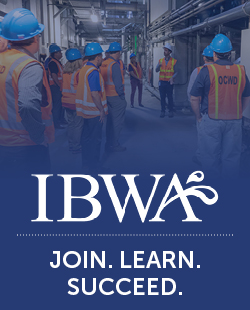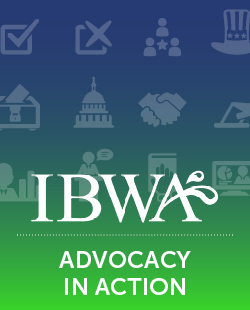September 14, 2004
The US Food and Drug Administration (FDA) regulates bottled water as a packaged food product and, for bottled water and all other foods and their packaging, FDA has determined that PET meets standards for food contact materials. The basis for a widely circulated e-mail, which questioned the safety of PET plastic containers, was based on a college student’s master’s thesis that was not subject to peer review and did not reflect a level of scientific rigor that would provide accurate and reliable information about the safety of these products. Fortunately, FDA requires a much higher standard to make decisions about food contact packaging.
Di(2-ethylhexl)adipate (DEHA) is neither regulated nor classified as a human carcinogen. Further, DEHA is not inherent in PET plastic as raw material, byproduct or decomposition product. DEHA has been cleared by FDA for food contact applications and would not pose a health risk even if present. DEHA is a common plasticizer used in many plastic items, many of which are found in the lab setting. For this reason, the student’s detection (see comment above) is likely to have been the result of inadvertent lab contamination.
Further, there is simply no scientific basis to support the claim that water bottles will release dioxins when frozen; this is the subject of an e-mail hoax. This fact is confirmed by the Johns Hopkins Bloomberg School of Public Health, where its web site states, “This is an urban legend. Freezing actually works against the release of chemicals… [freezing] would limit chemical release if there were dioxins in plastic, and we don’t think there are.” See www.jhsph.edu/Press_Room/articles/Halden_dioxins.html for full citation.
Dioxins are a family of chemical compounds that are produced by combustion at extremely high temperatures. They can only be formed at temperatures well above 700 degrees Fahrenheit; they cannot be formed at room temperature or in freezing temperatures. Moreover, there is not reasonable scientific basis for expecting dioxins to be present in plastic beverage or food containers in the first place.
Also note that PET plastics used for bottled water containers are not unique to this product type and is the same as PET plastics used to package other common foods and beverages.
# # #
The International Bottled Water Association (IBWA) is the authoritative source of information about all types of bottled waters. Founded in 1958, IBWA’s membership includes U.S. and international bottlers, distributors and suppliers. IBWA is committed to working with the U.S. Food and Drug Administration, which regulates bottled water as a packaged food product, and state governments to set stringent standards for safe, high quality bottled water products. Bottler members must also adhere to the IBWA Model Code, which mandates additional standards and practices. Contact IBWA at 1-800-WATER-11 or www.bottledwater.org for more information about bottled water and a list of members’ brands. Media inquiries can be directed to V. Tom Gardners at 703-683-5213 ext. 107.


